The Nutrigenomics Market is currently characterized by a dynamic competitive landscape, driven by increasing consumer awareness regarding the relationship between nutrition and genetics. This awareness is fostering a surge in demand for personalized nutrition solutions, which in turn propels innovation among key players. Companies such as 23andMe (US), Nutrigenomix (CA), and DNAfit (GB) are at the forefront, each adopting distinct strategies to enhance their market positioning. 23andMe (US) focuses on integrating genetic testing with health insights, while Nutrigenomix (CA) emphasizes partnerships with healthcare professionals to promote its services. DNAfit (GB) is leveraging digital platforms to expand its reach, indicating a collective shift towards technology-driven solutions that shape the competitive environment.
In terms of business tactics, companies are increasingly localizing their manufacturing processes and optimizing supply chains to enhance efficiency and responsiveness to market demands. The Nutrigenomics Market appears moderately fragmented, with several players vying for market share. However, the influence of major companies is substantial, as they set trends and standards that smaller firms often follow. This competitive structure suggests that while there is room for new entrants, established players are likely to maintain a significant advantage through their established networks and resources.
In August 2025, 23andMe (US) announced a strategic partnership with a leading health insurance provider to offer genetic testing as part of preventive health measures. This collaboration is poised to enhance the accessibility of nutrigenomic insights to a broader audience, potentially increasing consumer engagement and driving revenue growth. The strategic importance of this partnership lies in its ability to integrate genetic testing into mainstream healthcare, thereby legitimizing the role of nutrigenomics in preventive health strategies.
In September 2025, Nutrigenomix (CA) launched a new line of personalized nutrition products tailored for athletes, which underscores its commitment to innovation in the sports nutrition segment. This move not only diversifies its product offerings but also positions the company to capitalize on the growing trend of health-conscious consumers seeking performance-enhancing dietary solutions. The launch reflects a strategic pivot towards niche markets, which may yield higher margins and foster brand loyalty among specific consumer segments.
In October 2025, DNAfit (GB) unveiled an AI-driven platform that provides real-time dietary recommendations based on genetic data. This technological advancement signifies a critical step towards personalized nutrition, as it allows users to receive tailored advice that adapts to their lifestyle changes. The strategic importance of this development lies in its potential to enhance user engagement and retention, as consumers increasingly seek personalized solutions that evolve with their needs.
As of October 2025, the Nutrigenomics Market is witnessing trends that emphasize digitalization, sustainability, and the integration of artificial intelligence. Strategic alliances are becoming increasingly pivotal, as companies collaborate to enhance their technological capabilities and expand their market reach. Looking ahead, competitive differentiation is likely to evolve from traditional price-based competition towards a focus on innovation, technological advancements, and supply chain reliability. This shift suggests that companies that prioritize these elements will be better positioned to thrive in an increasingly competitive landscape.
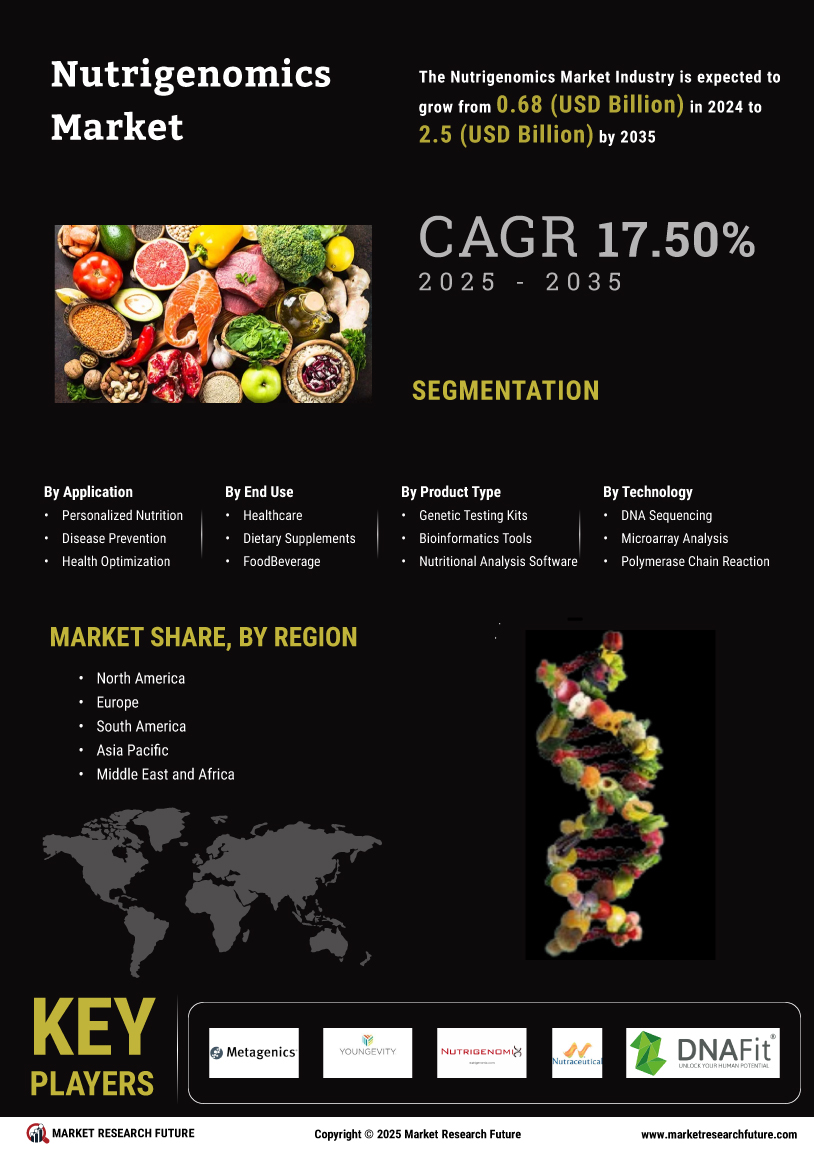

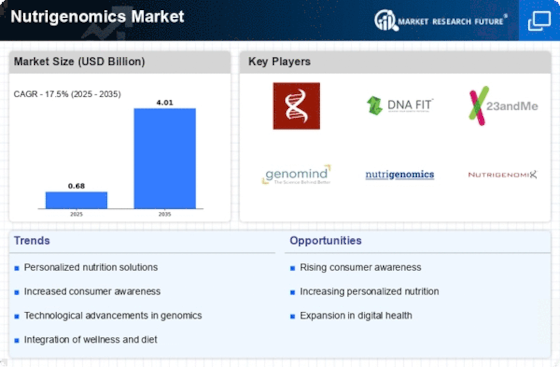
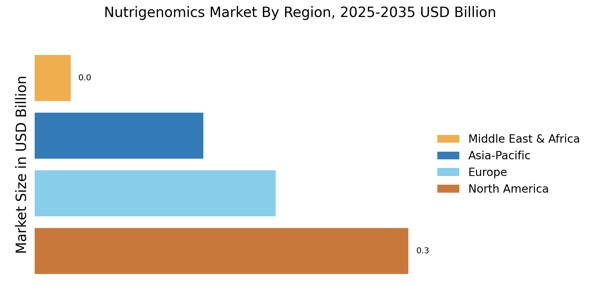

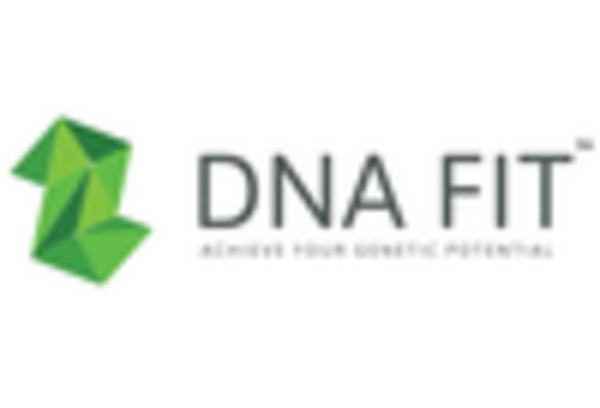
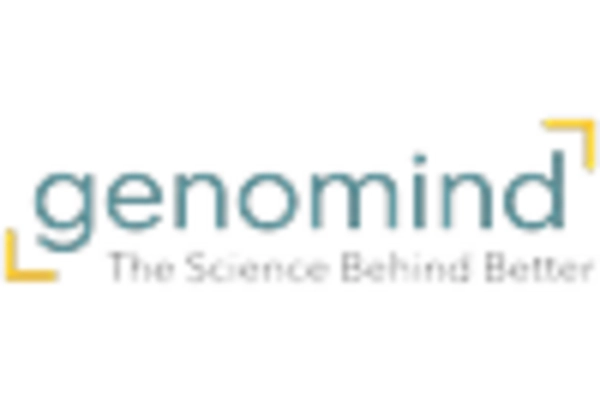
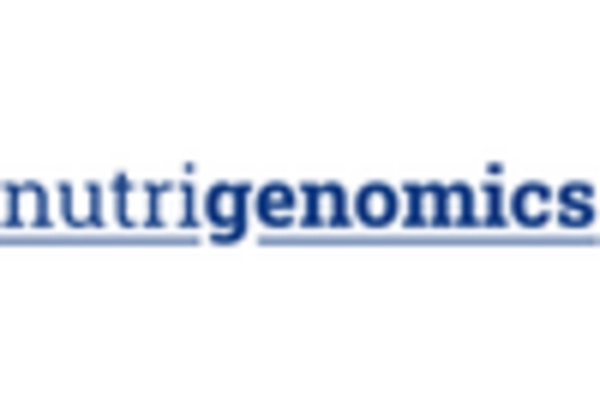
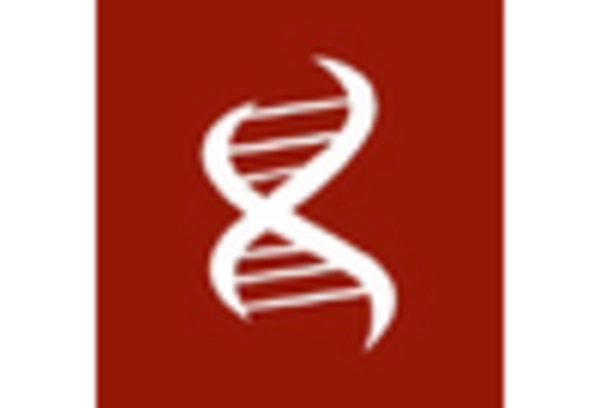
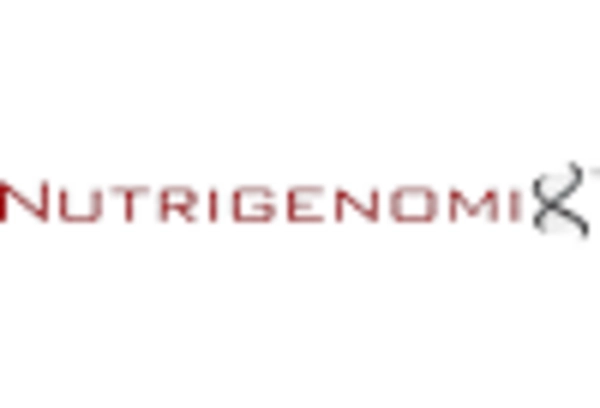








Leave a Comment